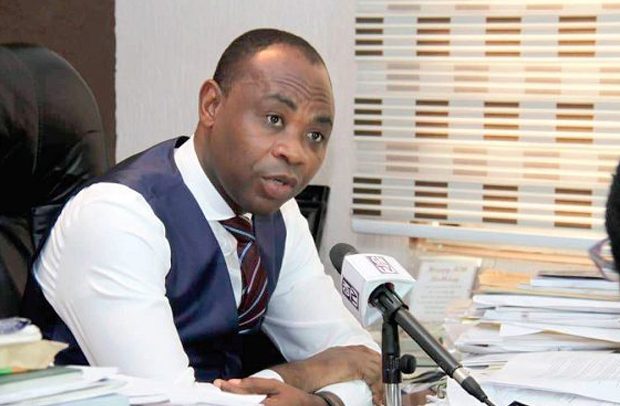Bright Appiah
The Executive Director of Child Rights International (CRI), Bright Appiah, has called for a total discarding of traditions and customs that endanger the lives of children.
He said no matter how effective and mandatory traditional and customary rites are, its practice should not in any way disadvantage children nor cast a snare on their well-being.
In a statement issued by CRI, Mr. Appiah said no traditional practices should expose children to any form of physical and psychological abuse.
CRI’s statement was in reaction to the trending story of supposed customary marriage between Gborbu Wulomo, Nuumo Borketey Laweh Tsuru XXXIII, aged 63 and a young girl named Naa Okromo, aged 12.
The ceremony has attracted varied responses with majority of Ghanaians kicking against the union while calling for child centered organisations and the Ministry of Gender, Children and Social Protection to intervene.
Child Rights Concerns
On the matter, Mr. Appiah said CRI was carrying out its investigations, adding, “If there is a marriage, it should be dissolved else Child Rights would come in to protect the child.”
Mr. Appiah emphasised that the child “is a minor and irrespective of the rites performed, the law would not allow a person below the age of 18 to be involved in such marriage rite, be it for the stool or the priest involved.”
“When you listen to the explanation from the traditional council about the issue, there seem to be too many inconsistencies which make it difficult to establish the exact principles of the traditional rite,” he said.
Protecting The Child
Concerning the health status of the child and the reasons for which the girl was chosen, Mr. Appiah called for a comprehensive health status.
“Those actions must be done in private and not to be disclosed to the public. We need to ensure that nobody has taken undue advantage of the child,” he added.
Additionally, Mr. Appiah said the image of the child should not be displayed in the media in order to preserve the privacy of the child.
He said it would be needful for institutions to recognise the impact their tradition or customary practices could have on children.
He also explained that although tradition had existed for decades and had been regulated for years, traditional practices must operate under the law irrespective of tribe and ethnic group beliefs.
“The right to education, health and protection of children is paramount and should guide traditional conduct,” he said.
On the Nungua issue, he said authorities in the country responsible for child protection must quickly move in and end any unfruitful unions that involved children.
“The apex of the law should prevail and must be applied,” he added.
CRI’s Research
Over the years, Mr. Appiah said CRI had conducted a number of researches that centered on children and early marriages.
“We realised that early marriage is as a result of the following; Not as a union between two people who love each other but a fulfillment of a cultural practice; as a result of single parent and divorce,” he said.
NCCE
Meanwhile, the National Commission for Civic Education (NCCE) has registered its displeasure over the situation.
“The NCCE wishes to remind the Ga Traditional Council that the Children’s Act, Act 560 of 1998, Section 13, (1&2) provides that ‘The minimum age of marriage of whatever kind shall be eighteen years’. It is also worth pointing out that the same section of the Children’s Act says that ‘No person shall force a child (a) to be betrothed; (b) to be the subject of a dowry transaction; or (c) to be married’,” the Commission Chairperson, Kathleen Addy, said in a statement.
The Commission therefore called on the Nungua Traditional Council to note that the same 1992 Constitution, in Article 39 also states that “… traditional practices which are injurious to the health and well-being of the person are abolished,” and urged the Nungua Traditional Council to “review its traditional practices to bring them in line with the laws and 1992 Constitution of Ghana.”
By Samuel Boadi

